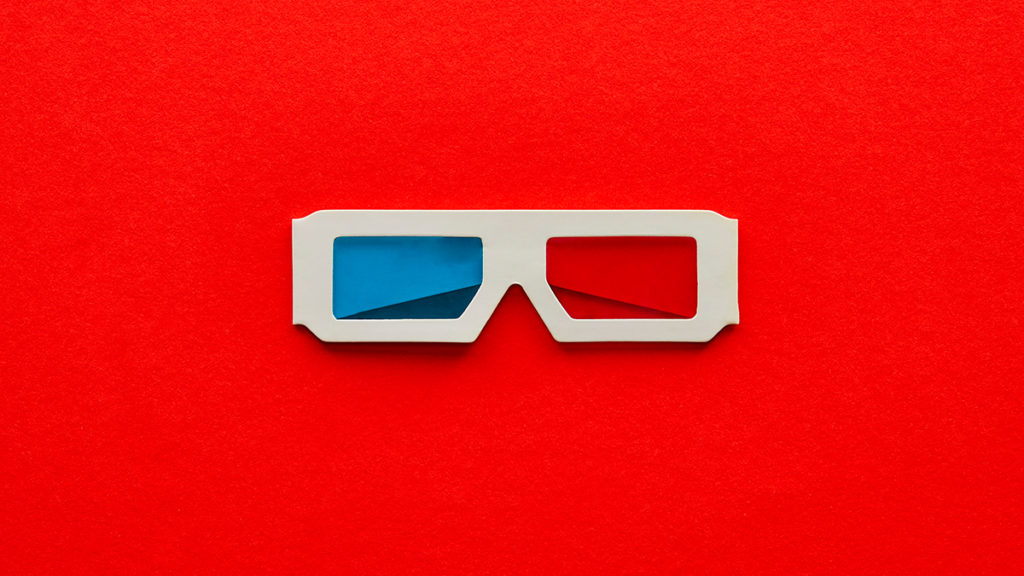
Why Gigabit Internet Matters for Streaming Movies and TV Shows
All right, you finally settle on a movie or TV show to stream and once you hit play, you have to sit through the buffering—and if you’re really unfortunate, you’ll have to wait for it to buffer every few minutes for the entire movie.
While gigabit speed can’t help you get through those movie selections any faster, it’s the best way to completely eliminate buffering from your life. If you (and your family) watch lots of movies, TV shows, YouTube videos and Twitch streamers, it might be just what you need.
What does gigabit internet mean?
Gigabit broadband is an internet service with a maximum speed of a gigabit per second or 1,000 Mbps—at least theoretically. That’s quick enough to download an HD movie in under a minute and the contents of a 4K Blu-ray with all the extras in less than five.
However, because of the way your internet service provider (ISP) manages your connection, you won’t see full 1,000 Mbps speeds. They need some of that bandwidth to make sure your data goes to the right places. Most gig service packages offer actual speeds of up to 940 Mbps, or something similar. That’s still ridiculously fast.
How fast does your connection need to be to stream video?
How fast your connection needs to be to stream video depends on the quality of the video you’re streaming. The FCC has a handy breakdown of the different minimum download requirements:
- Standard Definition (SD) video needs 4 Mbps. This is things like old TV clips and lower-resolution content on YouTube.
- High Definition (HD) video needs 8 Mbps. This is most TV shows and movies on Netflix and your other favorite streaming services.
- Ultra High Definition (UHD), or 4K UHD, needs 25 Mbps. Not everything is available as 4K, but you can still find it on Netflix, YouTube, Prime Video and most other streaming platforms.
Why gigabit speeds are great for movies and TV shows
So, if the highest-quality videos only need 25 Mbps to stream, why should you get a gigabit internet connection? Well, there are a few big reasons.
First, those are minimum download speeds. A bit of extra headroom will ensure you don’t have to deal with buffering or the quality changing as you watch.
Second, and more important, those are the speed needs for each stream on each device. If you’re watching Netflix on the TV, your spouse is using an iPad to catch up on YouTube drama, your daughter is on her laptop watching video game streams on Twitch and your son is following along on some Bon Appétit cooking instructions in the kitchen, then your internet usage is going to be a lot more than 25 Mbps—it’ll be in the 100s. A gigabit connection gives you enough bandwidth so that everyone’s streaming won’t compete.
Third, and most important, all that extra bandwidth stops someone’s video streaming from interfering with more important internet activities. If you’re working from home, a gigabit connection means your kids can watch what they like without ever affecting your Zoom meetings. Or, if you’re relaxing playing a PlayStation game, you’ll get less lag.
And, of course, streaming is just one way to watch movies and TV shows. If you like to buy and download your favorites, a gig connection means it takes mere moments.
Future-proof and fun streaming options
To get gigabit speeds, you need a fiber-optic connection—and fiber is as future-proof as it gets.
Right now, the most bandwidth-intense videos are 4K UHD, but it won’t stay that way. Virtual reality has crazy bandwidth needs, so when it takes off, you’ll be ready.
Fiber also has pretty symmetrical upload and download speeds. This means you can set up a server at home and stream videos to your mobile devices. For example, if you’ve got a big collection of ’80s and ’90s action movies, you can use Plex to set up your own personal Netflix. Your home internet will be fast enough that you can stream them to your iPhone, wherever you are.
Stress-free streaming
Gigabit fiber-optic internet is the best home broadband service you can get right now—and it will be for the foreseeable future. It’s fast enough for all the family to binge what they want, and it will even stay up in a storm. If you’ve invested any money in a decent TV—or even a full home theater setup—don’t let a slow internet connection be the weak link that stops you enjoying it to the fullest.




Join the conversation